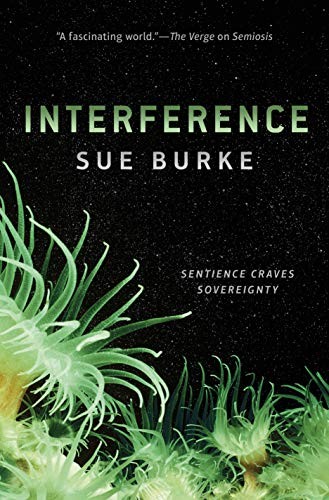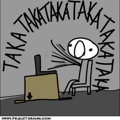Tak! reviewed Interference by Sue Burke (Semiosis Duology, #2)
Interference
5 stars
I really like the way that Interference takes the themes from its predecessor and extends them in different directions, without just being like "and this is the next thing that happened to all the same characters".
I particularly enjoyed the way she wove in the contingent from Earth - it reminded me strongly of the later books in the Planetfall series.
New humans, new life forms, new explorations - it builds a great new story on the foundation laid in Semiosis.
I really like the way that Interference takes the themes from its predecessor and extends them in different directions, without just being like "and this is the next thing that happened to all the same characters".
I particularly enjoyed the way she wove in the contingent from Earth - it reminded me strongly of the later books in the Planetfall series.
New humans, new life forms, new explorations - it builds a great new story on the foundation laid in Semiosis.





